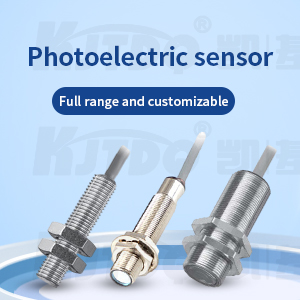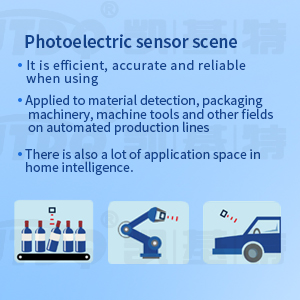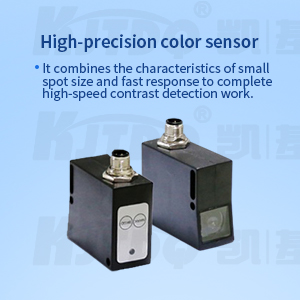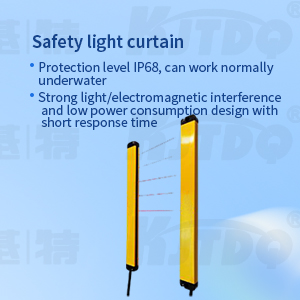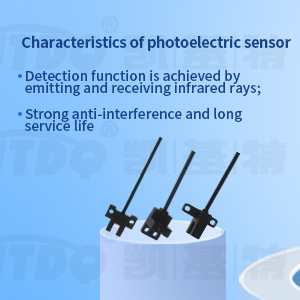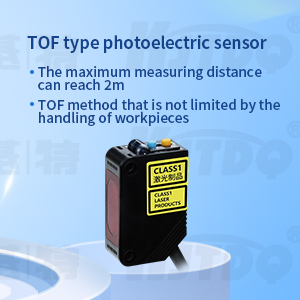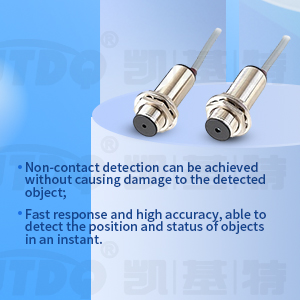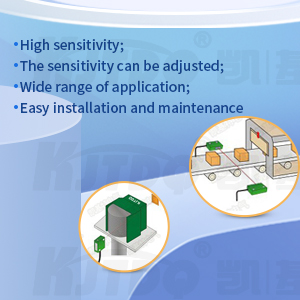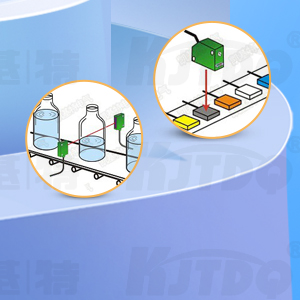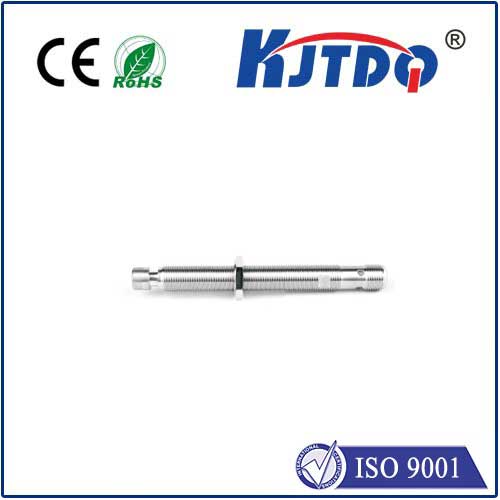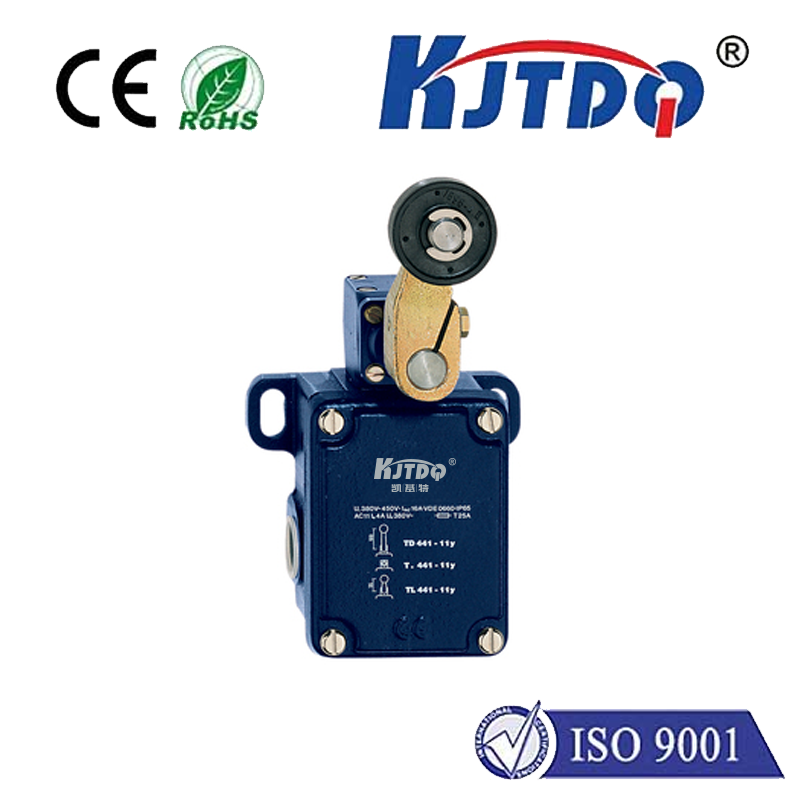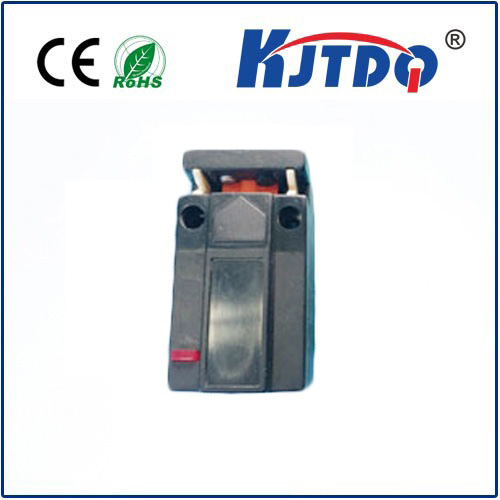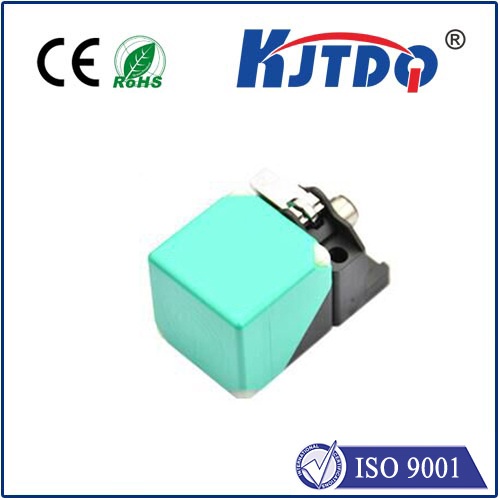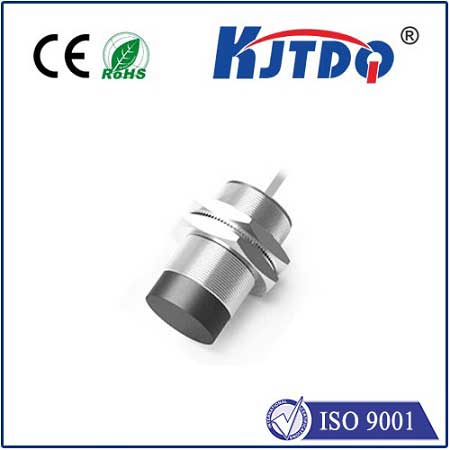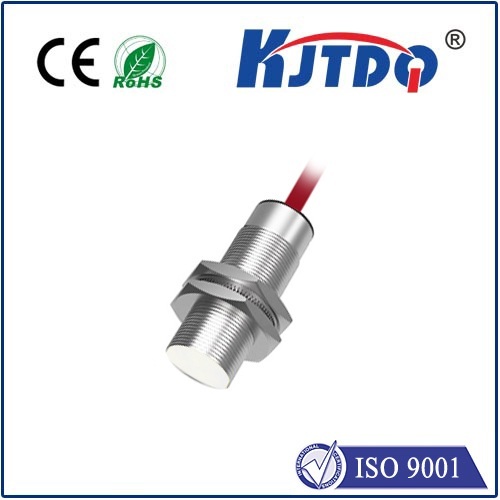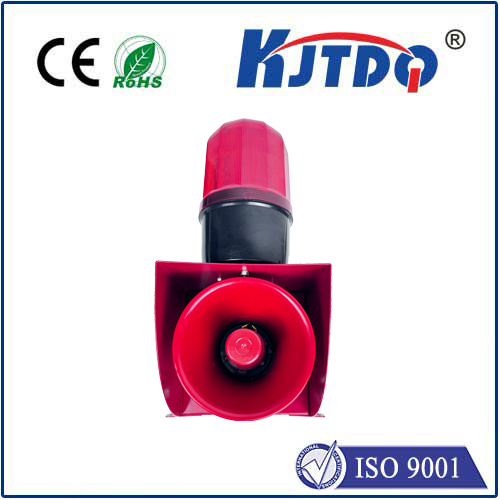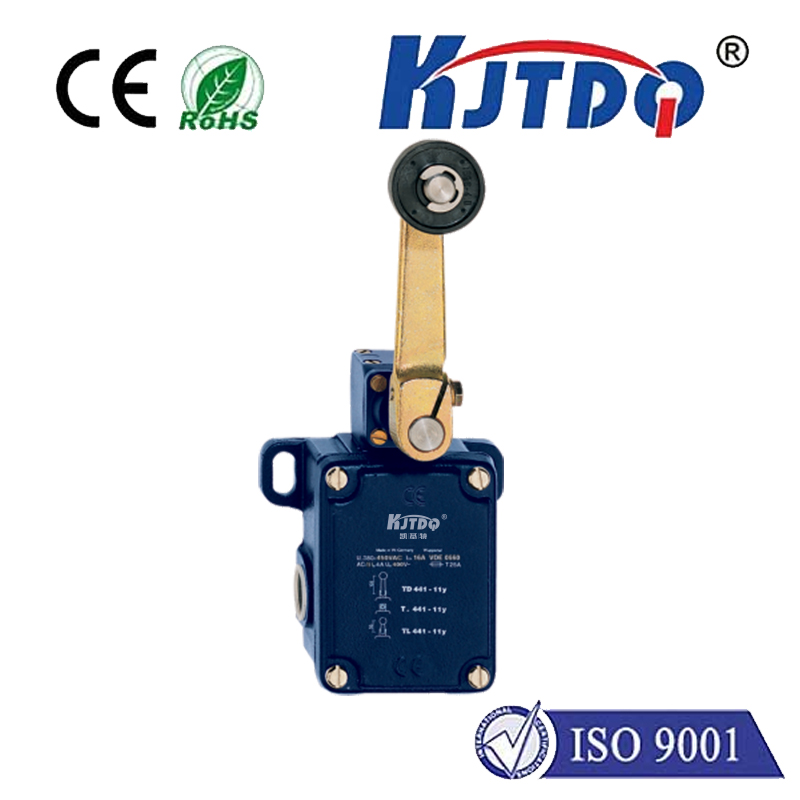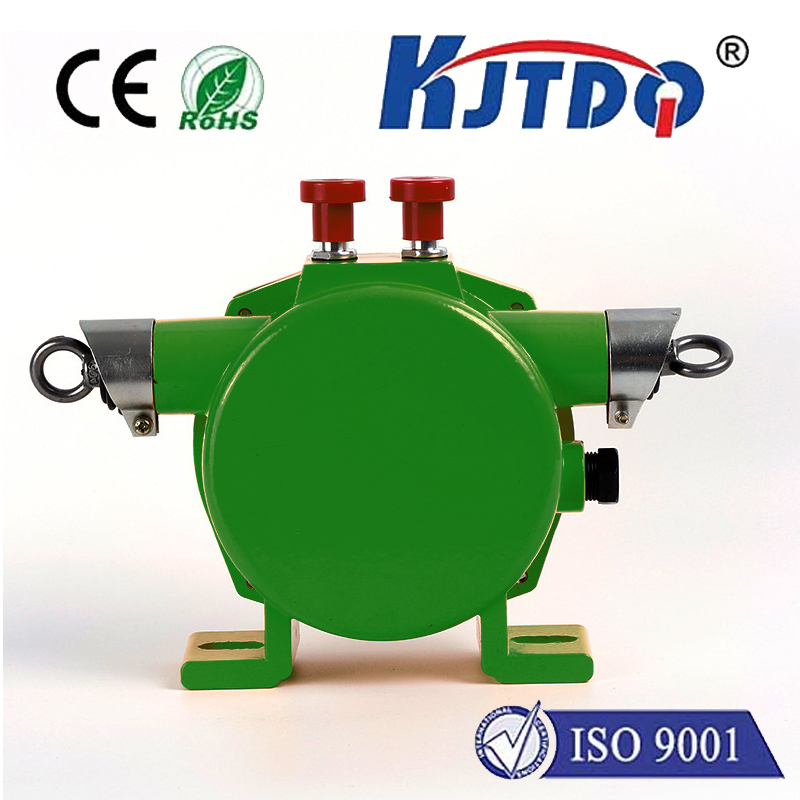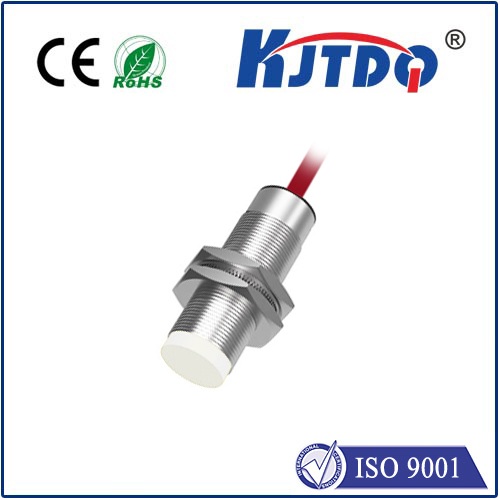
check

check

check

check
How the photoelectric sensor works:
Photoelectric sensors are devices capable of converting light signals into electrical signals or other quantifiable signals. Its working principle is based on the photoelectric effect of matter and the conductive properties of semiconductors. Briefly:
Photodiode: When light shines on a photodiode, the photon energy can excite electrons in the semiconductor, causing them to jump from the valence band to the conduction band, thereby generating electric current.
Photoresistor (Photoresistor or LDR): Its resistance changes with changes in lighting intensity. The resistance value decreases under strong light and increases under weak light.
Phototransistor (Phototransistor): Light irradiating the base region will generate charge pairs, thereby changing the conductive characteristics of the transistor.
CCD and CMOS sensors: These sensors convert light into electrical charges, which are then read and converted into digital image signals.
Application scenarios of photoelectric sensors:
Photoelectric switch: Uses a photoelectric sensor to detect the presence or position of an object. For example, automatic doors, vending machines, photoelectric obstacle avoidance sensors, etc.
Image and video capture: CCD and CMOS sensors are used in cameras, digital still cameras and surveillance systems to capture images and video.
Industrial automation: On production lines, photoelectric sensors can detect the location, color, or size of objects to help automated equipment perform specific tasks.
Medical Diagnostics: Photoelectric sensors are used in medical imaging and diagnostic equipment such as X-ray, MRI and other imaging technologies.
Environmental monitoring: used to measure and monitor environmental parameters such as light intensity, weather conditions, etc.
Consumer electronics: For example, automatic brightness adjustment, light sensors, etc. in smartphones, tablets, and laptops.
Optical communication: Photoelectric sensors are used in fiber optic communication systems to receive and interpret optical signals.
Safety applications: such as smoke detectors, flame detectors and safety gratings.
To sum up, photoelectric sensors are used in a wide range of applications, from consumer electronics to industrial automation to medical and security fields. They can detect and convert optical signals quickly and accurately, providing important support for modern technologies and applications.
